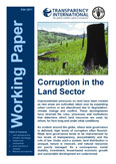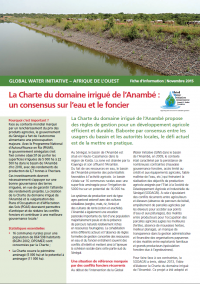A review of policy and practice impacting on the provision of farm worker housing, access to services and security of tenure
This report prepared for the Laborie Dialogue Initiative (LDI) draws on a recent review of the
literature and empirical research conducted for the Cape Winelands District Municipality; analysis of
farm worker tenure security conducted for the High Level Panel appointed by Parliament which has
been supplemented by further desktop research and policy analysis. The report also reviews current
tax, VAT and rates regimes and the ways in which these influence employers’ willingness to invest in








